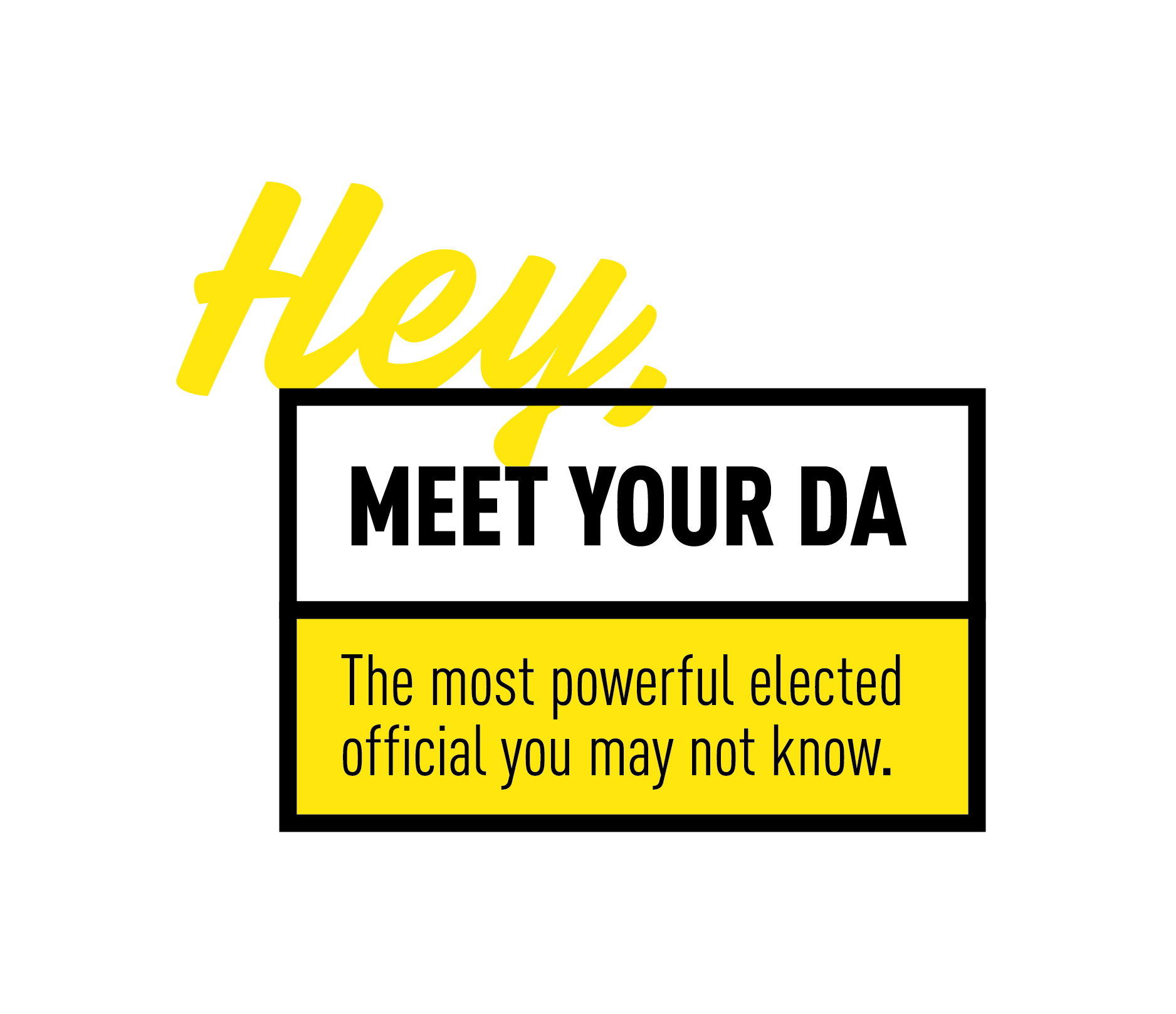Why Does the U.S. Prosecute and Incarcerate Children as Adults?
At the age of 15, Frankie Guzman was arrested for robbery. He had no prior criminal record. Frankie’s friend, a young person of 16, was arrested with him and, with one prior arrest on his record (for possession of a stolen check), he was prosecuted and tried as an adult. As a result, at the age of 16, Frankie’s friend received a harsh, 7-year prison sentence.
The prosecutor tried, but failed, to try Frankie as an adult. He pushed for a harsh sentence and managed to send Frankie into the California Division of Juvenile Justice system, known then as the California Youth Authority. It rose to infamy in the late 1990s and early 2000s due to reports of violence, abuse, and neglect — as well as its failure to rehabilitate those in its system. Overcrowding was synonymous with the Youth Authority until the passage of Prop 21 in 2000, which drastically decreased the number of youth in the facility — while rapidly increasing the number of youth charged with felonies appearing in adult court.
By pursuing the highest sentence for both Frankie and his friend, the prosecutor completely disregarded an alternative path to rehabilitation and diversion. In Frankie’s eyes, the system viewed him as a “disposable child” whose race, mitigating circumstances, and background did not afford him a second chance.
Frankie’s testimonial places a great emphasis on the importance of acknowledging disadvantages and of pushing for equal treatment under the law. Furthermore, it demonstrates that the criminal legal system disproportionately punishes Black and Latino youth. Nationally, a study published by the Sentencing Project showed that in 2015, Black youth were 500 percent more likely to be incarcerated than white youth, while Latino youth were 65 percent more likely to be incarcerated than their white peers. Another study showed that in 2015, 88 percent of the children charged as adults were children of color.
Both studies, and Frankie’s own testimony, demonstrate that white kids with advantages and opportunities are often diverted out of the system and given a chance to improve their lives. Apart from highlighting the deep and inherent racism within the criminal legal system, these data points also show that kids can be successfully rehabilitated when given the appropriate support and diverted away from incarceration. If a district attorney makes it a priority, we can fully stop the treatment of youth as adults in the criminal legal system.
Yoel Haile is a Criminal Justice Associate at the ACLU Foundation of Northern California.
About the Meet Your DA Campaign
 The ACLU Foundations of California advocate for a criminal justice system that fosters public safety by reducing over-incarceration and recidivism. We work to ensure that constitutional rights apply to all, regardless of race, ethnicity or economics. We also challenge broken death penalty systems, confront illegal police practices, and advocate for drug policy reform. Learn more and get involved.
The ACLU Foundations of California advocate for a criminal justice system that fosters public safety by reducing over-incarceration and recidivism. We work to ensure that constitutional rights apply to all, regardless of race, ethnicity or economics. We also challenge broken death penalty systems, confront illegal police practices, and advocate for drug policy reform. Learn more and get involved.
